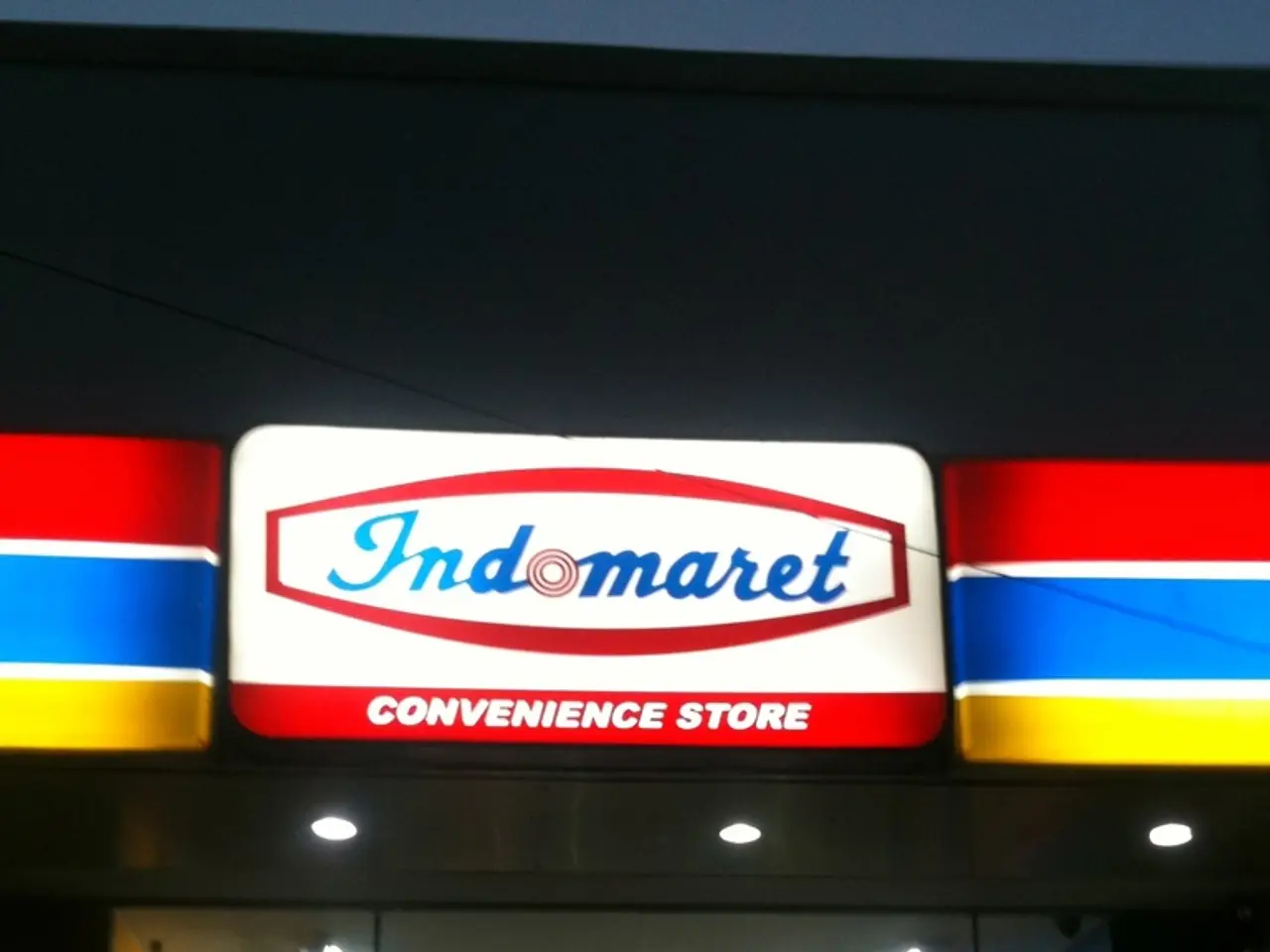Transformation of Tobacco Purchasing: A Digital Revolution
In the digital age, the world of tobacco retailing is undergoing a significant transformation. This change presents a unique blend of nostalgia for traditional shopping experiences and excitement for the possibilities that the digital realm offers.
One of the key aspects of this transformation is the need for responsibility and community consciousness in online tobacco retailing. As businesses leverage digital platforms to weave rich narratives around their products, highlighting their heritage, craftsmanship, and the communities from which they originate, it's crucial to ensure these practices are carried out ethically and responsibly.
Online shopping has made tobacco products readily available with just a few clicks, expanding consumers' horizons by offering a wide variety of products, including artisanal cigars and unique rolling papers. This shift can provide unique opportunities to connect with diverse cultures and products that enrich our lives.
However, the convenience of online shopping may lead to a decrease in personal interactions with local shopkeepers, a loss that traditional moments that nurture connections should not be forgotten in the digital era. As people yearn for more personal connections, there might be a revival of local tobacco shops.
The local shop can provide shared conversations and personal connections that may be missed in online retailing. These interactions can foster some community engagement or awareness, which can potentially weaken with the rise of online retail.
There is an ongoing conversation about responsible retailing practices in the online tobacco market, including regulation, age verification, and ethical marketing. The shift to online sales complicates enforcement of age restrictions and sales bans, as illegal flavored products remain available online despite laws reducing their presence in physical stores. This can undermine community and public health efforts to reduce tobacco use, especially among youth.
A hybrid model that combines the best of online and local retailing could be the exciting way forward. This model could help maintain the convenience of online shopping while preserving the personal connections that local shops offer.
The rise of online tobacco retailing has significantly transformed the market in a short period. This transformation has influenced consumer behavior by making tobacco products, especially newer ones like disposable e-cigarettes, more accessible and diverse in nicotine delivery, which impacts usage patterns.
For more information on the subject, consider visiting The Corner Store, a resource filled with valuable details to enhance your reading experience.
Key points on consumer behavior changes include:
- The amount of nicotine sold online has increased dramatically, driven by more potent disposable e-cigarettes, which are often cheaper and widely available online, making them accessible particularly to youth and price-sensitive consumers.
- Online retail has supported the proliferation of flavored and "cooling sensation" products that can appeal to younger users by masking harshness; this has persisted despite state restrictions, indicating that online availability can circumvent regulations aimed at reducing youth consumption.
- Retail scanner data mainly covers brick-and-mortar stores, so the online market remains less transparent. Using alternative data sources such as loyalty card data can better capture consumer purchasing patterns online and across different tobacco product categories, helping identify disparities and target interventions.
Regarding community connections, the shift to online sales complicates public health monitoring and community-based prevention efforts. Traditional tobacco purchasing often takes place in physical stores, which can foster some community engagement or awareness. Online retail reduces these interactions, potentially weakening community-level monitoring and social influences that might discourage tobacco use.
In summary, online tobacco retailing has made tobacco products more accessible and diverse, influencing consumer behavior by increasing nicotine exposure and product variety while simultaneously reducing traditional community-based social interactions and complicating public health surveillance and control efforts. This trend underscores the need for adaptive policies and improved data sources to address online tobacco consumption’s unique challenges.
[1] Farsalinos, K. E., & Polosa, R. (2018). The rise, peak, and fall of the e-cigarette epidemic in the USA: a systematic review and meta-analysis of trends in e-cigarette use and sales. Addiction, 113(4), 651-661.
[2] Glantz, S. A., & Hanauer, P. (2019). The tobacco industry's digital transformation: The rise of e-cigarettes and the marketing of nicotine and combustible tobacco products online. Tobacco Control, 28(Suppl 2), i14-i20.
[3] Kassotis, C. D., Farsalinos, K. E., & Polosa, R. (2019). The influence of flavors on e-cigarette use: A systematic review and meta-analysis of the literature. Tobacco Control, 28(Suppl 2), i36-i41.
[4] Soneji, S., Glantz, S. A., & Hanauer, P. (2019). The tobacco industry's digital transformation: The rise of e-cigarettes and the marketing of nicotine and combustible tobacco products online. Tobacco Control, 28(Suppl 2), i1-i13.
- As the tobacco industry undergoes digital transformation, it faces a new challenge in ensuring that fashionable narratives, rich in beauty and heritage, are ethically and responsibly executed across photography, media, and events within the industry.
- With the expansion of online retail and finance, the variety of tobacco products, such as artisanal cigars and unique rolling papers, has increased significantly, offering opportunities to explore diverse cultures, technology, and retail experiences.
- In the evolving market, responsible retailing practices have gained importance, including regulation, age verification, and ethical marketing, as the shift to online sales complicates enforcement and challenges community and public health efforts.
- To maintain personal connections and community engagement, a hybrid model that combines online convenience with local shop experiences could be the future of tobacco retailing, providing shared conversations and preserving the nuances unique to each.




